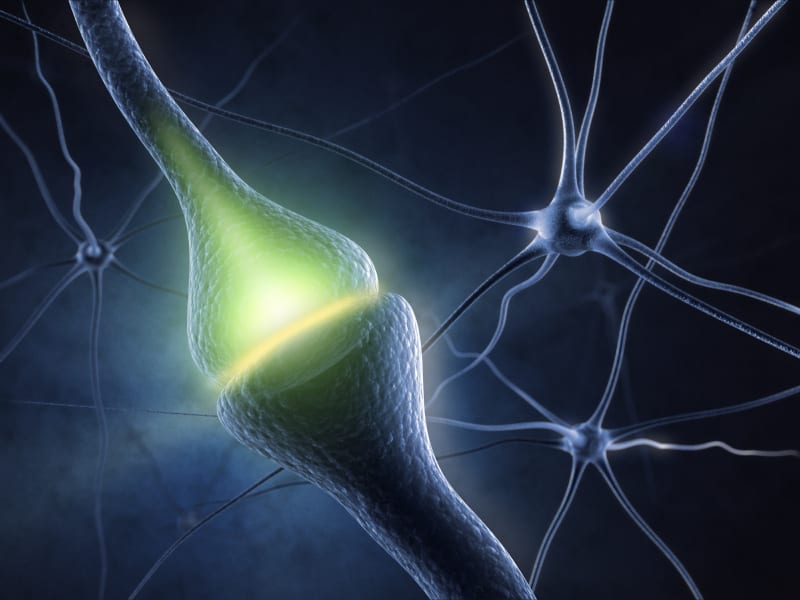Search Results for: immune systems
About Children’s Immune Systems
Children’s immune systems must develop in order to be more effective at fighting off dangerous bacteria and viruses that cause infections and diseases. By understanding the various components of children’s immune systems, parents and teachers can improve children’s immunity.
Foods That Boost Your Children’s Immune System
Childhood is full of laughter and play, but it’s also a time of plenty of sniffles and sneezes. Immature immune systems and not-so-perfect hygiene can wreak havoc on a child’s body. Certain types of food can boost the strength of the immune system, helping your child fend off illnesses and making for fewer missed school days. Try some of these immune system powerhouses with your child to help ensure his body is as strong as it can be.
Brain Synapses of Children with Autism
Children with autism have too many “junction boxes” in their brains, a studyhas found. The surplus synapses – places where neurons connect and communicate – are due to a lack of “pruning” that normally occurs early in life. In mice with autistic traits, scientists were able to restore synaptic pruning and reduce symptoms with a drug used to suppress the immune systems of transplant patients. The drug, rapamycin, has side effects that make it unsuitable as …
High-Protein Foods for Kids
Children need protein in their diets for growth, brain power and to boost their immune systems. The organs and muscles in the body are primarily made of protein, and most children need 1 gram of protein for every two pounds they weigh. A diet full of protein is especially important for children who have ADHD, according to WebMD, as well as for children undergoing chemotherapy, according to the Lucile Packard Children’s Hospital.
Pneumonia Symptoms
Pneumonia is a lung condition that can range in seriousness from mild to life threatening. Older individuals and patients with impaired immune systems or chronic illness are often at higher risk for developing serious complications from pneumonia. Recognize the common symptoms of pneumonia and contact your doctor for a correct diagnosis of your condition.




